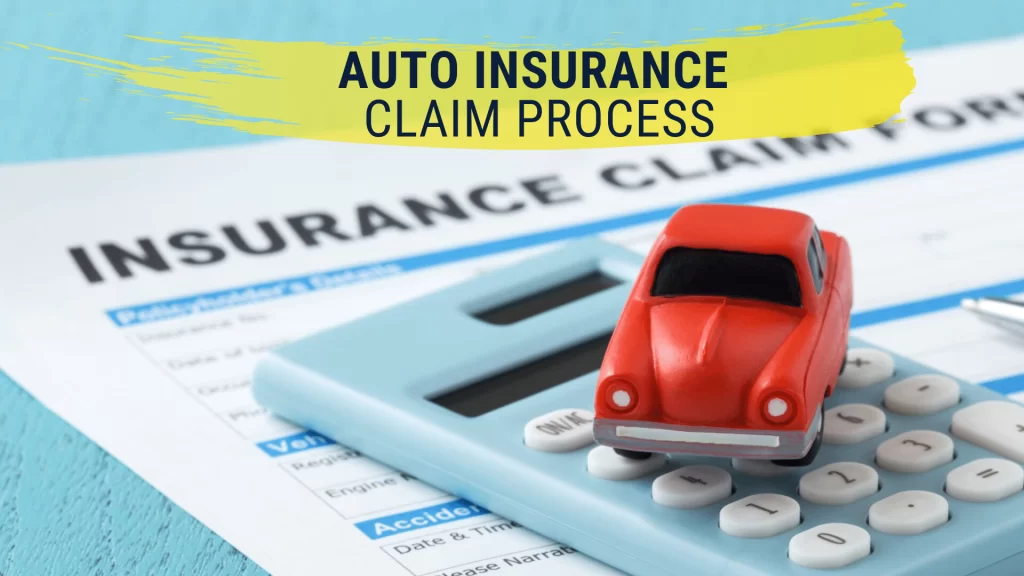There are various factors that can delay the resolution of an auto insurance claim. It is crucial that you remain in communication with your adjuster, appraiser, and insurance professional while providing all required documents and submitting payment.
Once they have assessed your coverage and assessed any damages, the insurance company will send you a check that includes both your deductible and its payment.
Reporting the Accident
Reporting an accident to your insurer is the first step in taking appropriate action after being involved in an incident, since many policies stipulate a timeframe within which claims must be filed.
If police officers cited one or both drivers involved, obtain copies of their reports as soon as possible. When providing your information to an insurance company, be precise and direct with what’s necessary – now isn’t the time for lengthy discussions about details that don’t pertain to your claim!
Report any accidents, even those which seem minor – like backing into your garage door or hitting a mailbox while driving on your property. A record of an accident could increase insurance premiums over time.
Documenting the Accident
Documenting can ensure your attorney has all of the information they need to get you a fair compensation payment for your injuries. Documents also help prevent anyone involved in your case from misinterpreting you or misinterpret your injuries as caused by someone else.
Take pictures with your cellphone of the accident scene, property damage to both cars, skid marks in the road and any other important details pertaining to the collision. Documenting everything can prove invaluable when establishing liability is disputed at any point.
Get the names, addresses, and phone numbers of any witnesses at the scene; their statements could help bolster your case if police cannot establish fault at once. Also take notes of any injuries you sustained and document their severity along with how it has impacted daily life.
Contacting Your Insurer
Your insurer needs to know about the car accident as soon as possible, whether that means online, via an app, or over the phone. In many instances, they will request documentation regarding injuries and damages before agreeing to pay out on claims.
Insurance adjusters often pose questions to reduce liability; do not respond without legal counsel present.
Keep calm and courteous during this conversation; now is not the time for airing any anger or irritation with regard to your situation. By providing as much information as possible, your claim will likely be settled faster; insurance companies require certain documents in order to process claims; claims should typically be submitted within 30 days after an accident (unless there are extenuating circumstances).
Contacting the Other Party’s Insurer
No matter what your policy requires, do not speak with the insurer of the driver who caused the collision. Their insurer could use any statements you make against you to diminish or deny your claim or assign part of the responsibility for an accident to you.
Investigators will carefully scrutinize every statement you provide and search for any inconsistencies or discrepancies, asking questions such as, “In your opinion, what could you have done to avoid this collision?” In doing this they hope to reduce their insured’s liability exposure.
If you must speak to another insurer’s insurance adjuster, make sure your discussion focuses on basic facts regarding where and when the accident took place, what day/hour it happened, who were involved and their vehicles involved. Be sure to take notes during any meetings, take their name/direct phone number as well.
Contacting Your Attorney
Once everyone is safe and you have taken photos, the next step should be contacting your insurance company. When speaking with their representative, try to stick to facts when answering their questions – after all, their primary job is minimizing costs for their employer so any information given could potentially be used against you later in your claim.
Attorneys can guide you through the claims process and assist with filing an effective claim that’s more likely to get approved. They can also represent you if your claim gets denied as they have legal standing to sue an insurer who acts in bad faith; in doing so they could pursue damages that were due along with punitive damages. They can even help negotiate settlement offers with your insurer.


